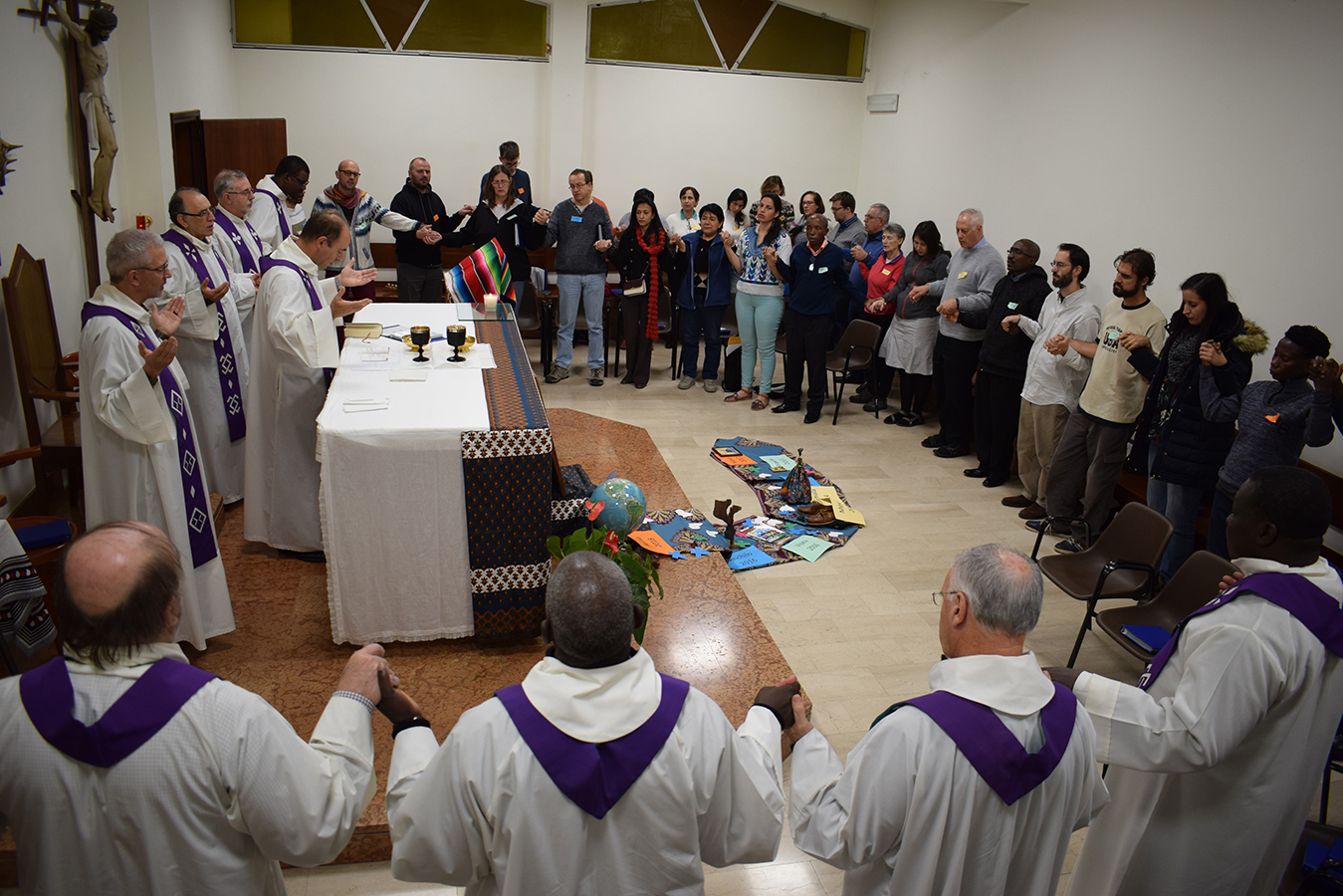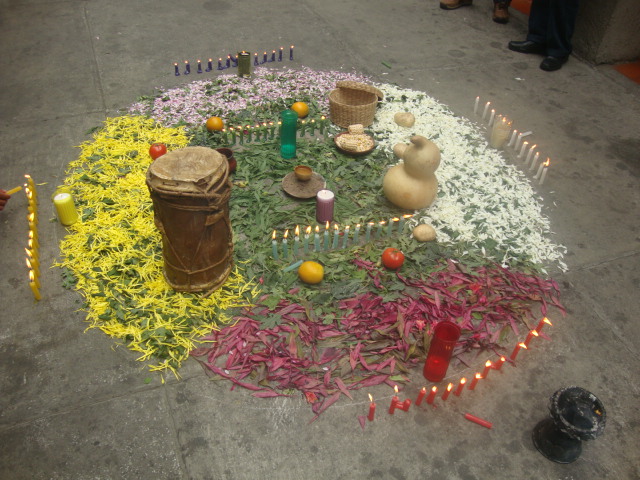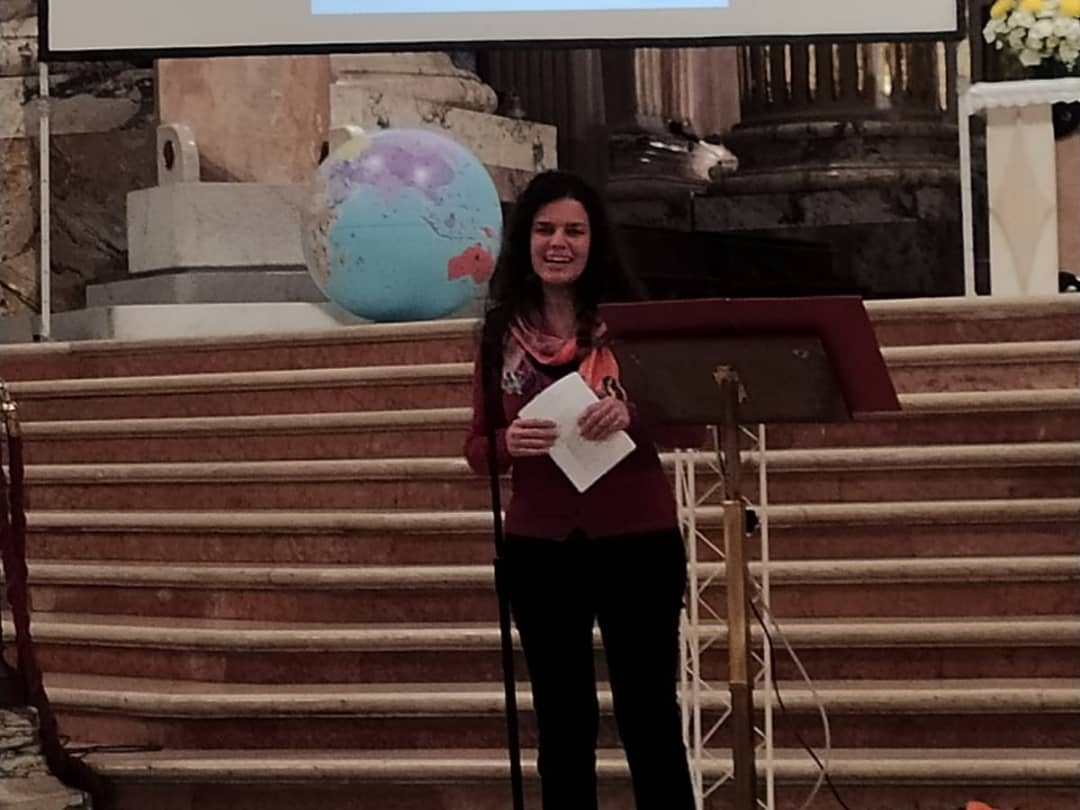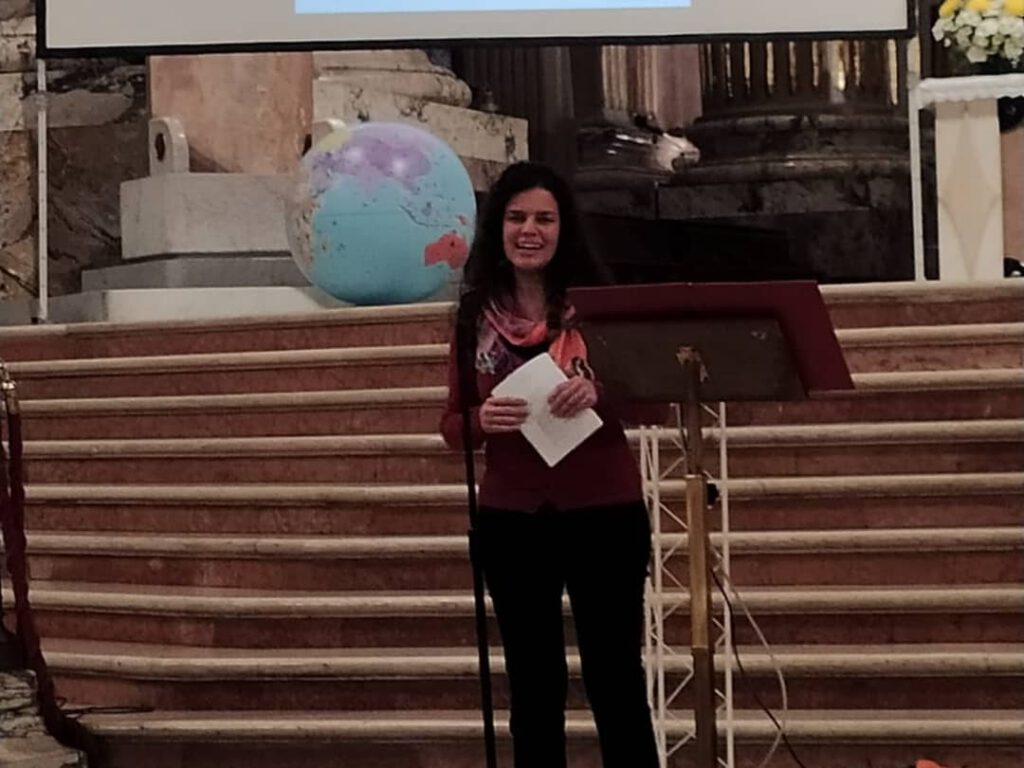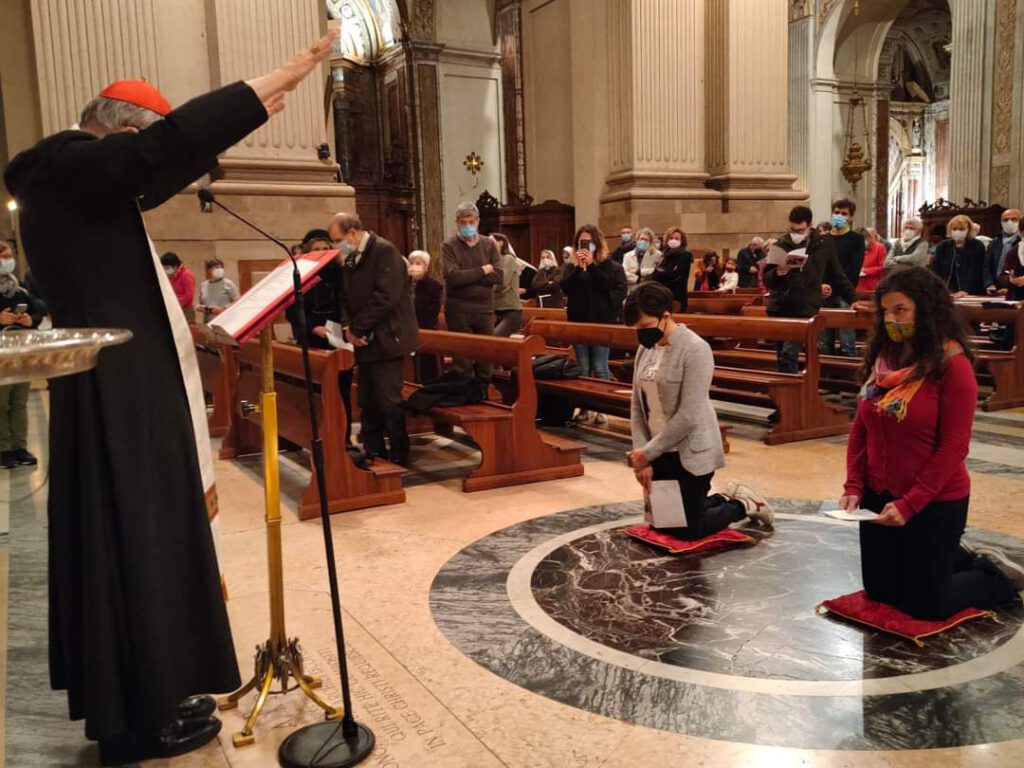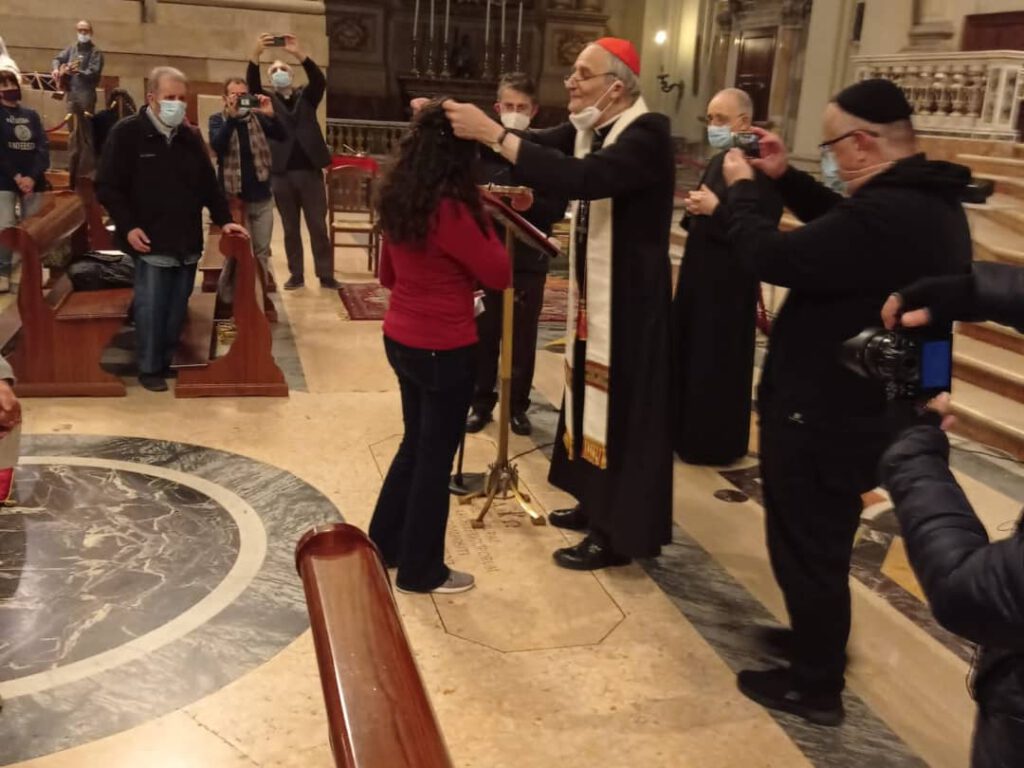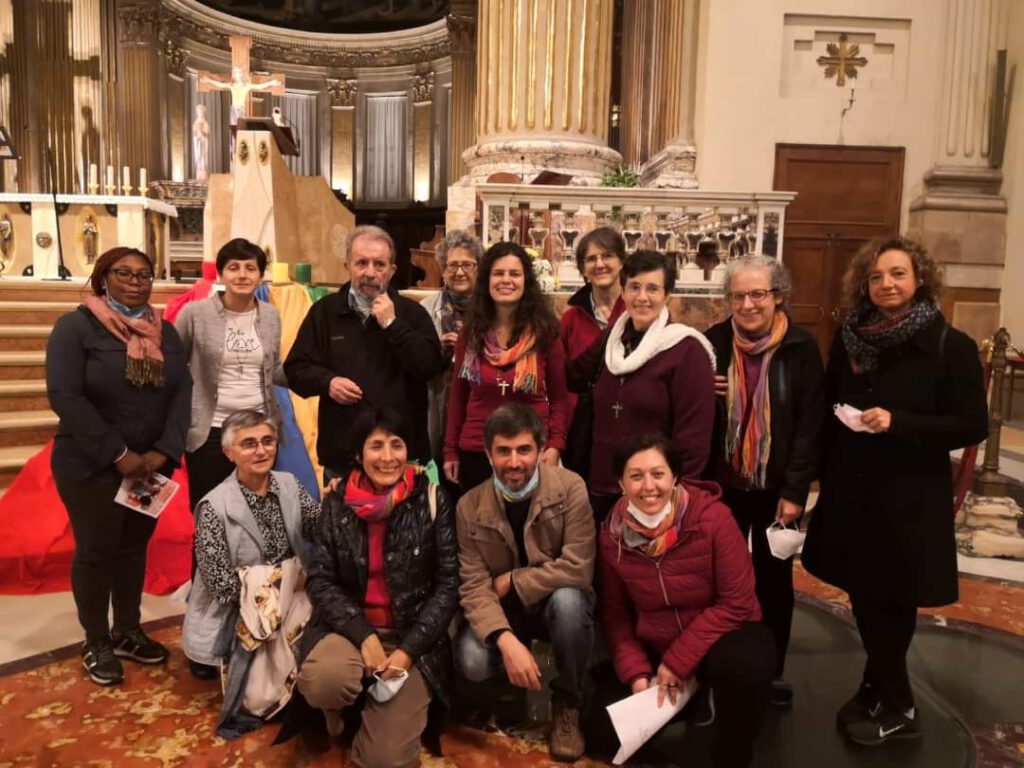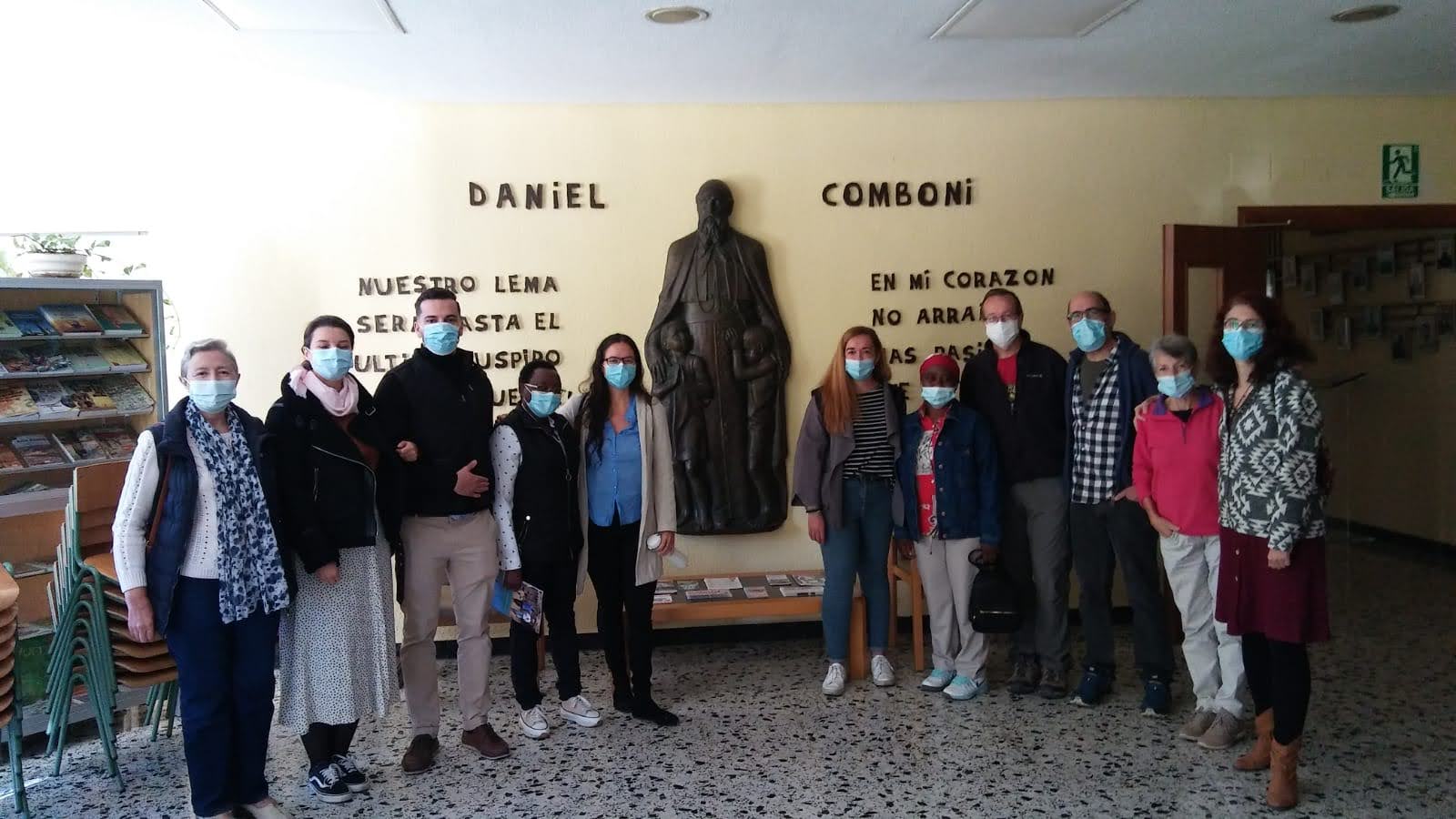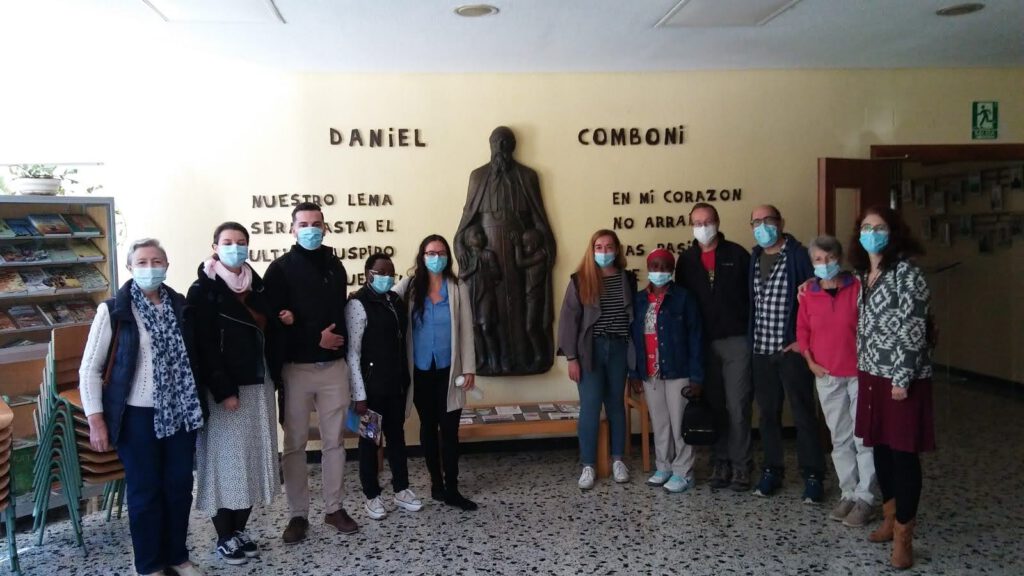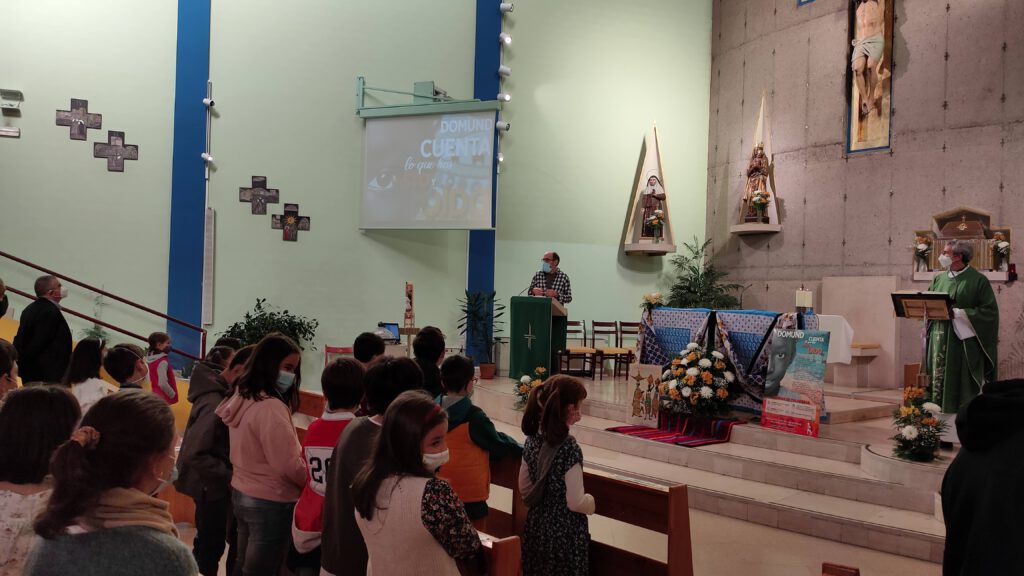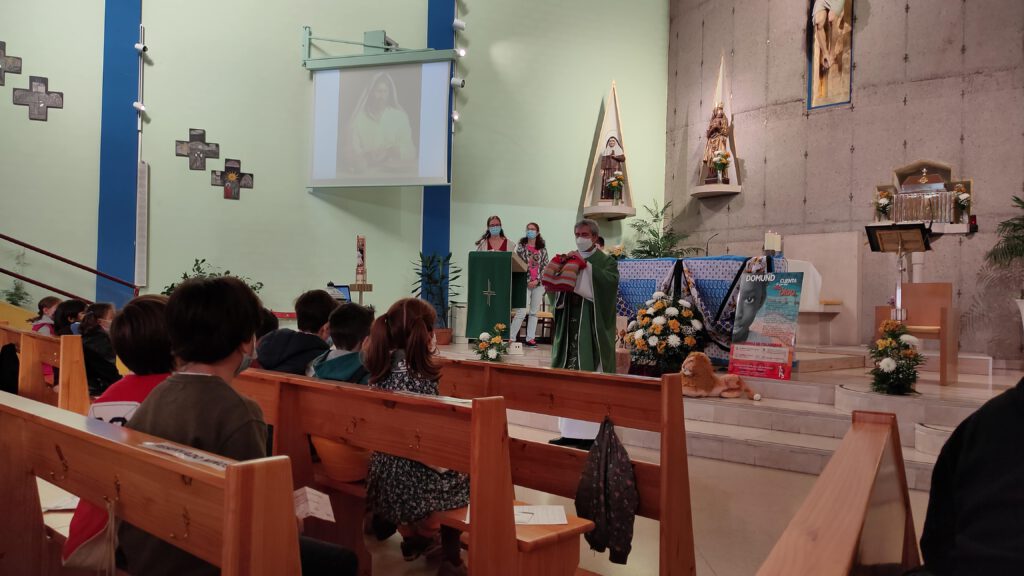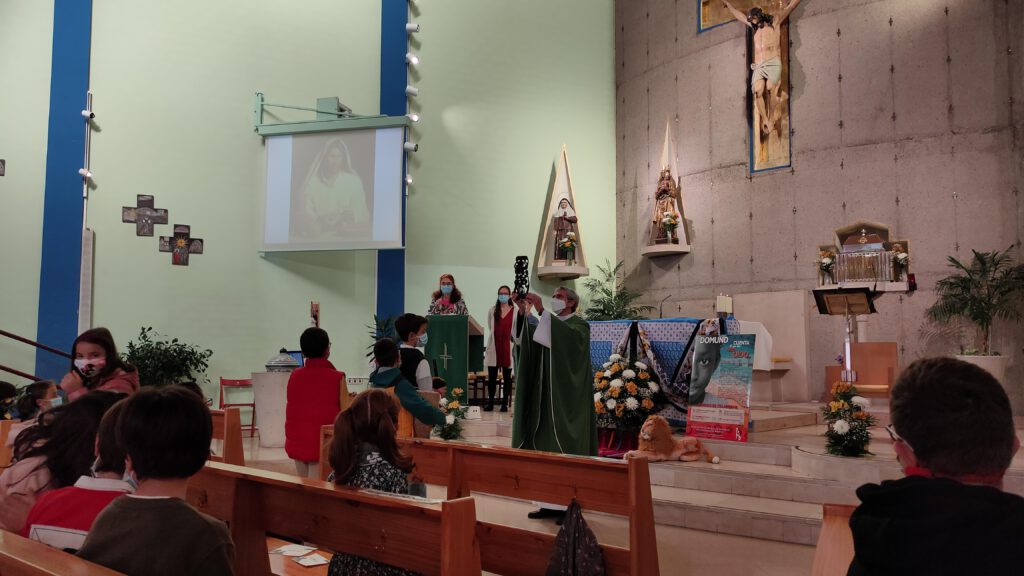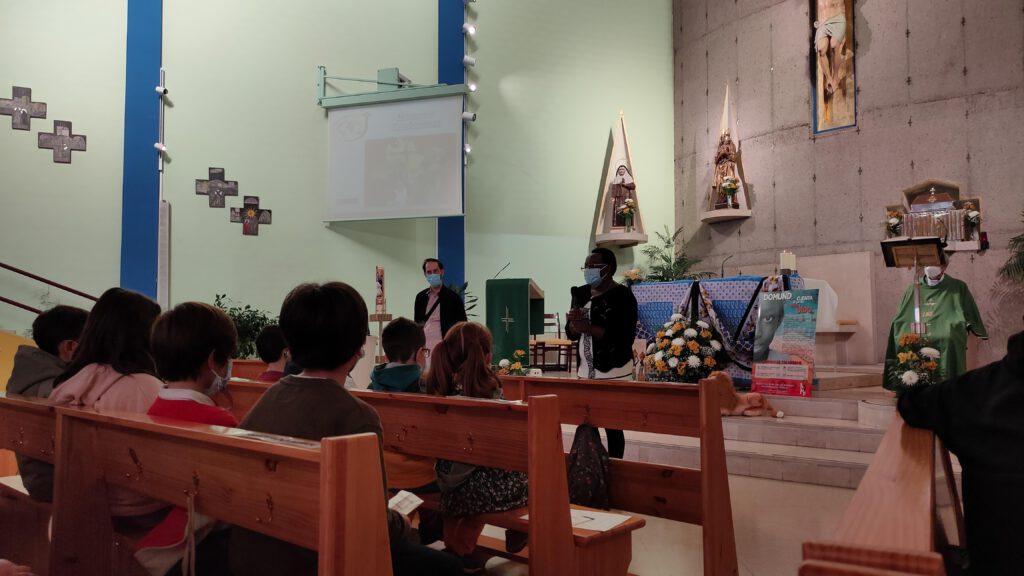Once again we celebrate our CLM day, the third Sunday of Advent, the Sunday of joy.
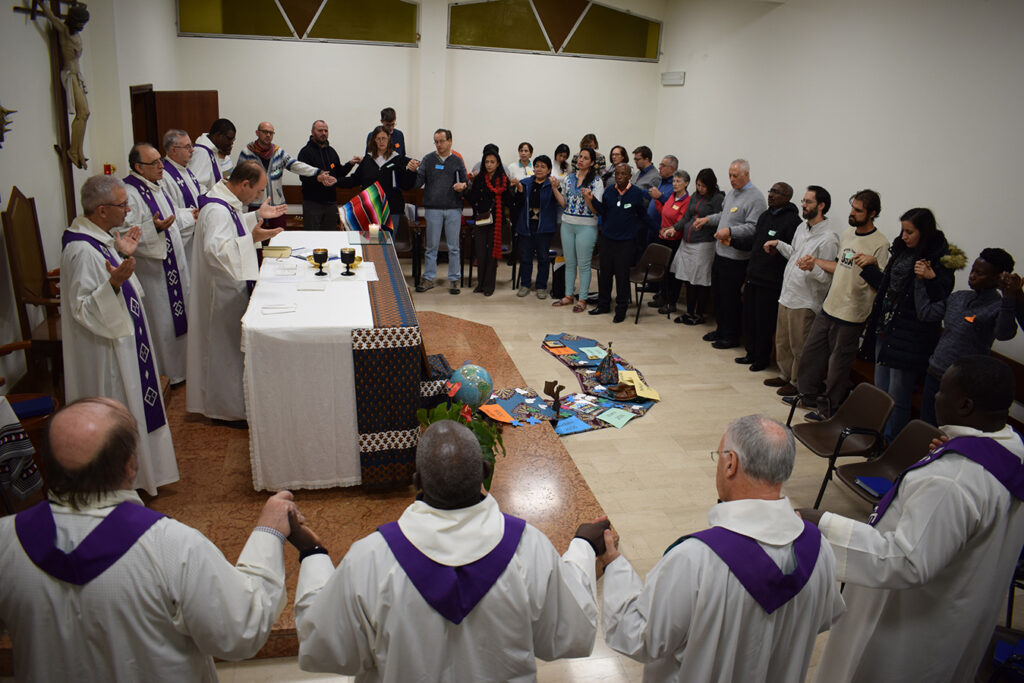
It is a special day for all CLM since at the last assembly held in Rome in December 2018 we approved that day so that we can all celebrate our missionary vocation together.
It has rained a lot since then. Of particular relevance is the pandemic we are going through that reminds us of the fragility of our human condition and how small our common home is.
In the past, when the flu or any other virus entered our home, it would pass from one member to another as soon as we were careless. This is what is happening with this coronavirus. It passes from one person to another, from one country to another, from one continent to another. This invisible enemy shows us not only our weakness but the interconnectedness of all humanity. Each new variant reminds us that it is something we must fight together, no one will be free and if we are not able to share the vaccines and remedies that are being discovered, it will spread again and again.
It is a cry for solidarity, not to hoard, because we are all in the same boat.
Our missionary vocation has always been a gift in this sense. We know and feel that we are one big family as humanity. We feel the weakness of our brothers and sisters and we make ourselves available to go out to help others, leaving home, work, friends, family….
It remains a challenge for us to share what we have discovered or have been given as a gift. It is in our hands to share the richness that each people we have visited, with whom we have shared our lives, has brought us. Caring for, accompanying others has given us much more joy than the little we have been able to do on our part.
It is not a theory, it is a life experience… that we cannot keep silent but share with everyone.
A wonderful world has been given to us. Achieving a dignified life for every person on this planet will allow all of us to better enjoy our own life.
Recognizing that we are all children of the same Father-Mother God who loves us and wants us to love and care for each other as brothers and sisters is the joy we want to share with everyone.
In communion with the rest of the Comboni Family and the whole Church we encourage this to be possible.
To celebrate our vocation is to reaffirm ourselves in it, to remain faithful to the call we have received, to recognize that we are limited, but tremendously loved… and since we cannot keep this Love, we go out to share it with all humanity.
We approach the mystery of Jesus born in a manger on the outskirts of a small village in Palestine… welcomed among shepherds and simple people. May we know how to contemplate and understand this mystery that helps us to place ourselves in history….
Happy day to all CLM around the world and thank you very much to all of you who support us working hand in hand, with your prayers, with your financial help… with your closeness.
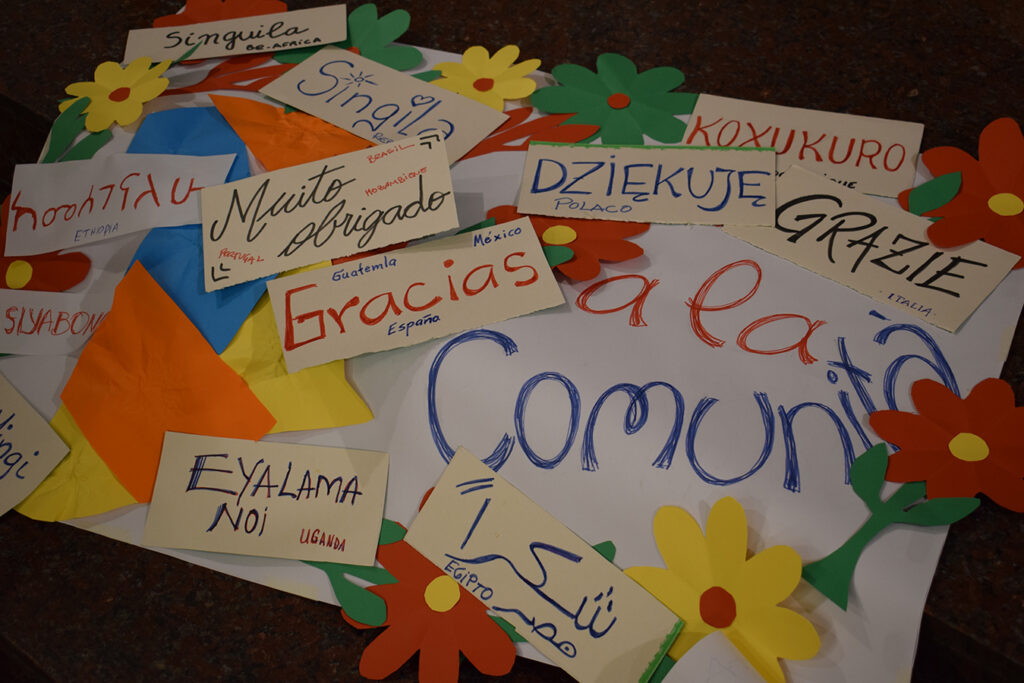
A big hug
Alberto de la Portilla, CLM Central Committee




